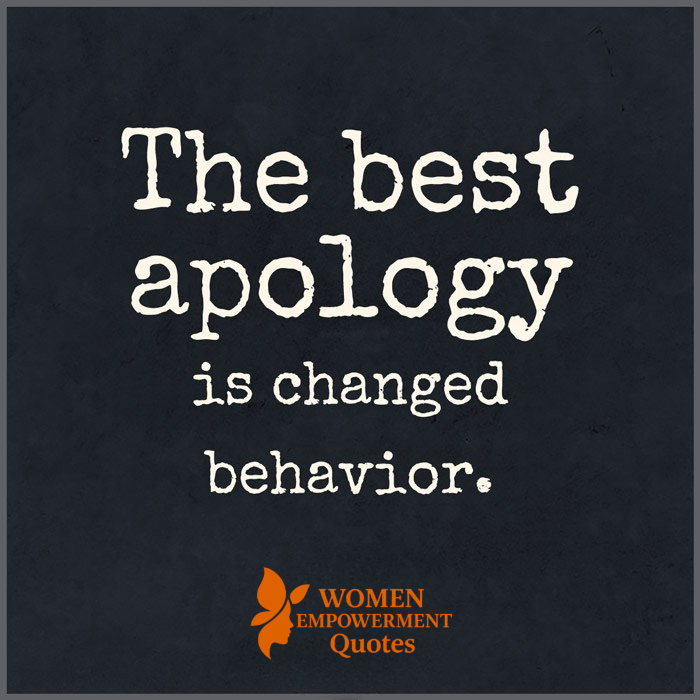
The Heart of a Real Apology
We’ve all said the words “I’m sorry.” But over time, we come to understand that words alone aren’t enough. True apologies aren’t heard—they’re seen. They’re felt in the quiet changes we make, in the effort we put into becoming better. As the saying goes, “The best apology is changed behavior.”
Too often, people apologize without real intention. They speak regret but repeat the same hurtful actions. Over time, those apologies begin to feel empty. But when someone takes responsibility—not just in words but in the way they live moving forward—that’s when healing begins.
The Effort Behind Change
Meaningful change takes humility and honesty. It demands that we look inward, admit where we’ve gone wrong, and confront the reasons why. Maybe we need to unlearn habits, seek wise counsel, or simply pause before reacting. This is not easy work—but it’s the work that truly says “I’m sorry” in the language of action.
Imagine someone who once hurt you but now honors your boundaries, respects your voice, and supports your growth. That’s not just an apology—it’s love in motion.
Consistent Growth Is the Real Apology
True change isn’t a single act—it’s a daily decision. It’s what we do when no one is watching. Even when we slip, what matters is how quickly we return to the path and keep walking. This kind of commitment restores trust. It deepens relationships. And perhaps most importantly, it shapes us into people of integrity.
Living the Apology
Apologizing with your actions means choosing growth over comfort, and humility over ego. It means showing the people we’ve hurt that we’re willing to put in the work—not just to be forgiven, but to be better. In doing so, we open the door to healing, to connection, and to a more honest version of ourselves.